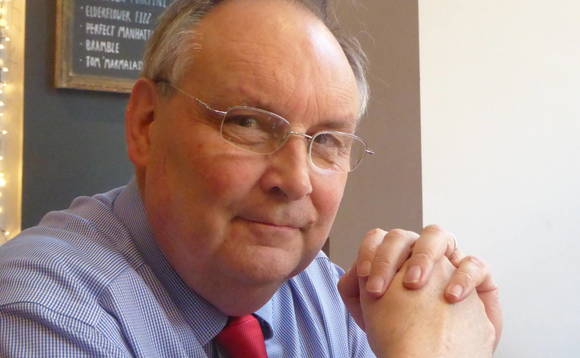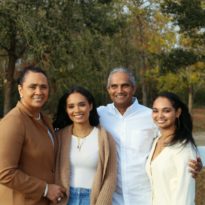The best way for trustees to demonstrate their duties have been fulfilled is through proper, accurate and timely record keeping, says Gerry Brown, chartered accountant and tax and trust specialist for QB Partners.
What is the basic duty of a trustee? Reduced to a single phrase it is to look after assets for beneficiaries.
How do trustees demonstrate that duty has been fulfilled? By keeping records of what they have done.
Beyond that basic duty to the beneficiaries, trustees have statutory duties. The two most frequently encountered are the duty to self-assess for tax purposes, and the duty to register with the Trustee Registration Service (a consequence of the EU Fifth Anti-Money Laundering Directive).
Trustees therefore need to keep records. But what records? It should go without saying that each and every trustee should have a certified copy of the trust deed and copies of any letters of wishes.
All trustees should keep a record of the following:
- the full name of the trust
- the date the trust was created
- the country where the trust is considered to be resident for tax purposes
- the place where the trust is administered
- contact addresses for the other trustees
- details of any advisers who provide legal, financial or tax advice to the trustees
The following records should be held in relation to the ‘parties’ to a trust:
- status (i.e. settlor, trustee or a beneficiary)
- full name
- National Insurance number or Unique Tax Reference (UTR)
- date of birth
- postal address (or passport or ID card details, if the address is not in the UK).
Beneficiaries can be identified by ‘classes’, rather than being individually named but in reality the trustees should know the identity of the settlor’s intended beneficiaries. A letter of wishes will reveal their identities.
These are the basic records which should be held for every trust.
When the trustees then invest the trust fund and generate income, gains or capital growth the following information and data sources should be recorded primarily to assist with self-assessment but also to report investment performance to beneficiaries:
- bank statements
- details of interest paid on bank or building society accounts chargeable event certificates issued by life assurance companies dividend vouchers
- stockbroker reports and records of dividends
- details of expenses paid by the trustees
- details of taxes paid
- details of income and capital payments to beneficiaries,
At a more complex level if assets are sold or purchased during the year, a record must be kept of:
- completion statements for property transactions
- contract notes for stocks or shares
- receipts for sale or purchase expenses, including estate agent’s and solicitor’s charges on the sale of property and details of any SDLT paid.
If the trust holds investment property they will need:
- licence or rent agreements showing the rent payable
- receipts for expenses connected with the property, including any mortgage interest.
If the trustees have received additional assets (from the settlor or others) they will need to know:
- the amount or value of the asset received (the asset’s market value on the date it was acquired by the trustees)
- the date the additional money or asset was received
- details of who made the payment or who transferred the asset into trust
It is of course essential that decisions made by the trustees are recorded including:
- minutes of meetings
- deeds of appointment
- any decisions that affect the distribution of capital or income (and payments made following such decisions)
These seem at first glance to be onerous requirements but if implemented timeously, they will save stress and time (and reduce professional fees) during the ‘life’ of the trust.
Finally all trustees should agree on the identity of the ‘lead’ trustee (often the first named trustee) who normally is responsible for completion of self-assessment returns and liaising with professional advisers.





























